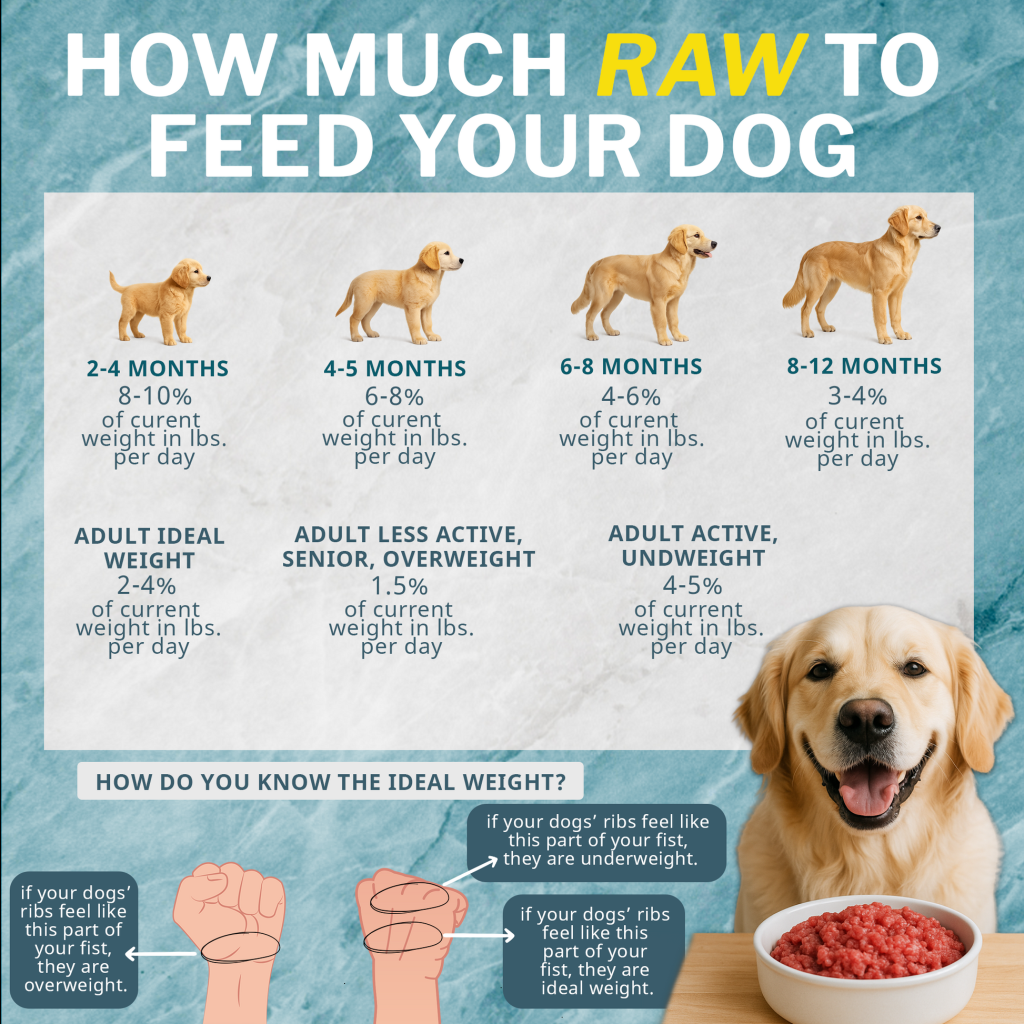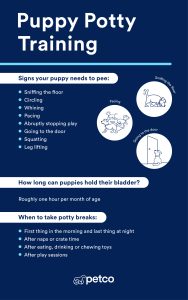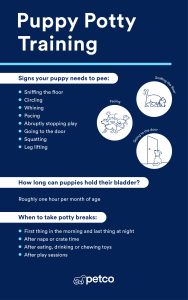Are you wondering when to make the switch from puppy food to adult dog food? Timing is crucial, and getting it right can significantly impact your furry friend’s health and happiness.
You want the best for your dog, and understanding when and why to transition to adult food is a key part of that care. We’ll demystify the process, ensuring you feel confident in your decision. Stick around to discover the signs that your dog is ready for this important dietary change, and learn tips that could make all the difference in their well-being.
Let’s dive into what every dog owner needs to know!
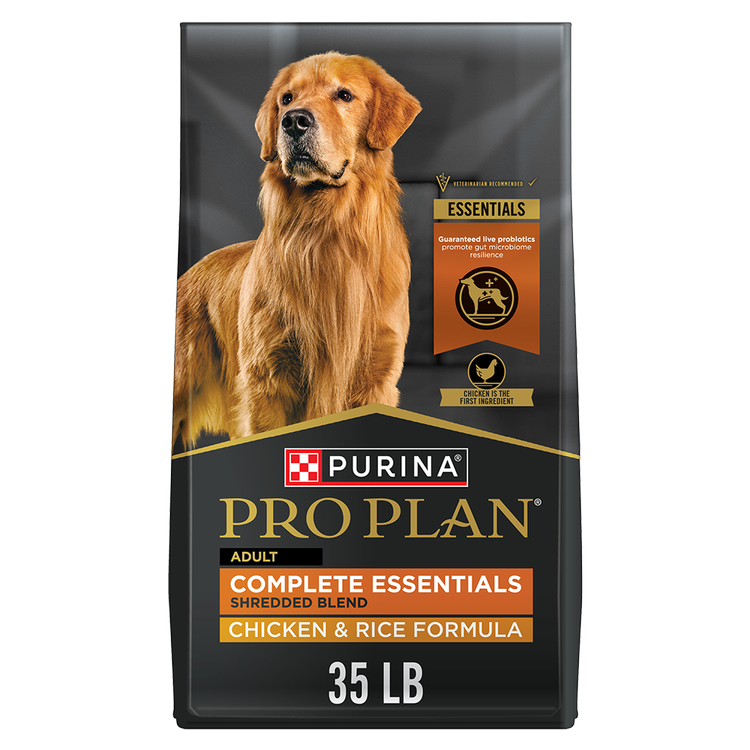
Credit: www.purina.com
Signs Your Dog Is Ready
Switching your dog from puppy food to adult food is important for their health. Knowing when to make this change helps your dog grow strong.
Look for signs that show your dog is ready. These signs include how they grow, behave, and their breed size.
Physical Growth Milestones
Adult food is best once your dog reaches key growth points. Most dogs finish growing between 9 and 12 months.
Check if your dog’s weight and height have stopped increasing. Their bones and muscles should feel firm and strong.
- Body looks full and less puppy-like
- Weight stays steady for a few weeks
- Teeth are fully grown and strong
Behavioral Changes
As your dog grows, their behavior also changes. These changes can show they are ready for adult food.
Your dog may become less hyper and more calm. They might also eat less often but more at each meal.
- Less chewing on everything
- More focused during training
- Longer sleep times
Breed And Size Considerations
Different breeds and sizes grow at different rates. Large breeds take longer to mature than small breeds.
Feed large breeds adult food around 12 to 18 months old. Small breeds can switch earlier, around 9 to 12 months.
| Breed Size | Age to Switch to Adult Food |
|---|---|
| Small Breeds | 9 to 12 months |
| Medium Breeds | 12 months |
| Large Breeds | 12 to 18 months |
Age Guidelines For Switching
Knowing when to switch your dog to adult food is important. The right time depends on your dog’s breed and size.
Feeding adult food too early or too late can affect your dog’s health and growth.
Small Breeds
Small breed dogs grow faster than large breeds. They usually reach adulthood sooner. You should switch to adult food around 9 to 12 months old.
Small breeds need food that supports their high energy levels and fast metabolism after puppyhood.
Medium Breeds
Medium breed dogs grow at a moderate pace. They often mature by 12 to 15 months. Switch to adult food within this age range.
This change helps maintain their weight and supports their overall health as they become adults.
Large And Giant Breeds
Large and giant breed dogs take longer to grow fully. They may not reach adult size until 18 to 24 months old. Delay switching to adult food until then.
Feeding adult food too soon can harm their bone and joint development. Use puppy food designed for large breeds until they mature.
Nutritional Needs Shift
Dogs need different nutrients as they grow. Their diet should change from puppy food to adult food at the right time.
Feeding adult food too early or late can affect your dog’s health. Knowing when to switch helps meet their new needs.
Puppy Vs Adult Nutrient Requirements
Puppies need more energy for growth. They require higher calories, protein, and fat than adult dogs.
Adult dogs need fewer calories. Their food focuses on maintaining health and preventing weight gain.
- Puppies need more calcium for bones
- Adults need fewer calories to avoid obesity
- Growth demands higher protein in puppies
- Adults need nutrients for maintenance, not growth
Adjusting Protein And Fat Levels
Puppy food has more protein and fat. This supports muscle growth and energy needs.
Adult dog food reduces protein and fat to prevent extra weight. It keeps your dog fit and healthy.
- High protein for puppies builds strong muscles
- Adult dogs need moderate protein to maintain muscles
- Fat provides energy; puppies need more for growth
- Lower fat in adult food helps control weight
Importance Of Balanced Diet
Both puppy and adult foods must be balanced. Dogs need vitamins, minerals, and fiber for good health.
Balanced diets support your dog’s immune system, digestion, and overall well-being.
- Vitamins help keep skin and coat healthy
- Minerals strengthen bones and teeth
- Fiber aids in digestion and regular bowel movements
- Proper balance prevents health problems

Credit: www.topdogtraining.ie
Transitioning Smoothly
Feeding your dog adult food requires a careful transition. Sudden changes can upset their stomach. A smooth shift helps your dog adjust well.
Understanding how to change food and watch your dog is key. This guide covers the process, health monitoring, and common mistakes to avoid.
Gradual Food Change Process
Change your dog’s food slowly over several days. Mixing old and new food helps their digestion adjust.
- Start with 75% old food and 25% adult food for three days.
- Mix 50% old food and 50% adult food for the next three days.
- Use 25% old food and 75% adult food for three more days.
- Feed only adult food after this gradual change.
Monitoring Digestive Health
Watch your dog for signs of stomach upset during the food change. Diarrhea or vomiting means slow the process.
| Sign | What to Do |
|---|---|
| Loose stools | Give more time before increasing adult food |
| Vomiting | Pause food change and consult a vet if needed |
| Loss of appetite | Offer smaller meals and check for stress |
| Normal behavior | Continue gradual change as planned |
Avoiding Common Feeding Mistakes
Many dog owners make errors that slow adjustment or cause illness. Avoid these mistakes for a smooth switch.
- Do not switch food suddenly in one day.
- Do not feed table scraps during transition.
- Do not ignore signs of digestive trouble.
- Do not mix multiple new foods at once.
- Do not forget to provide fresh water all the time.
Consulting Your Veterinarian
Feeding your dog adult food is an important step. It affects their health and energy. Talking to your veterinarian helps you make the right choice.
Your vet knows your dog’s health history. They can give advice tailored just for your pet. This helps avoid problems with diet changes.
Personalized Feeding Advice
Every dog is different. Your veterinarian can suggest the best food type and amount. This advice fits your dog’s breed, weight, and lifestyle.
- Check your dog’s weight and body condition
- Discuss activity level and daily routine
- Adjust food portions based on age and metabolism
- Choose formulas that match your dog’s needs
Health Checks Before Transition
Your dog should have a health check before changing food. Vets look for issues that diet can affect. This step ensures a smooth changeover.
| Health Check | Purpose |
| Weight measurement | Adjust food amount |
| Dental exam | Check chewing ability |
| Allergy test | Avoid harmful ingredients |
| Digestive health | Prevent upset stomach |
Special Conditions And Diets
Some dogs have special health needs. Your vet can recommend special diets for these cases. Feeding advice helps keep your dog healthy and happy.
- Dogs with kidney problems need low protein diets
- Pets with allergies require hypoallergenic food
- Overweight dogs benefit from weight control formulas
- Dogs with sensitive stomachs may need easily digestible food
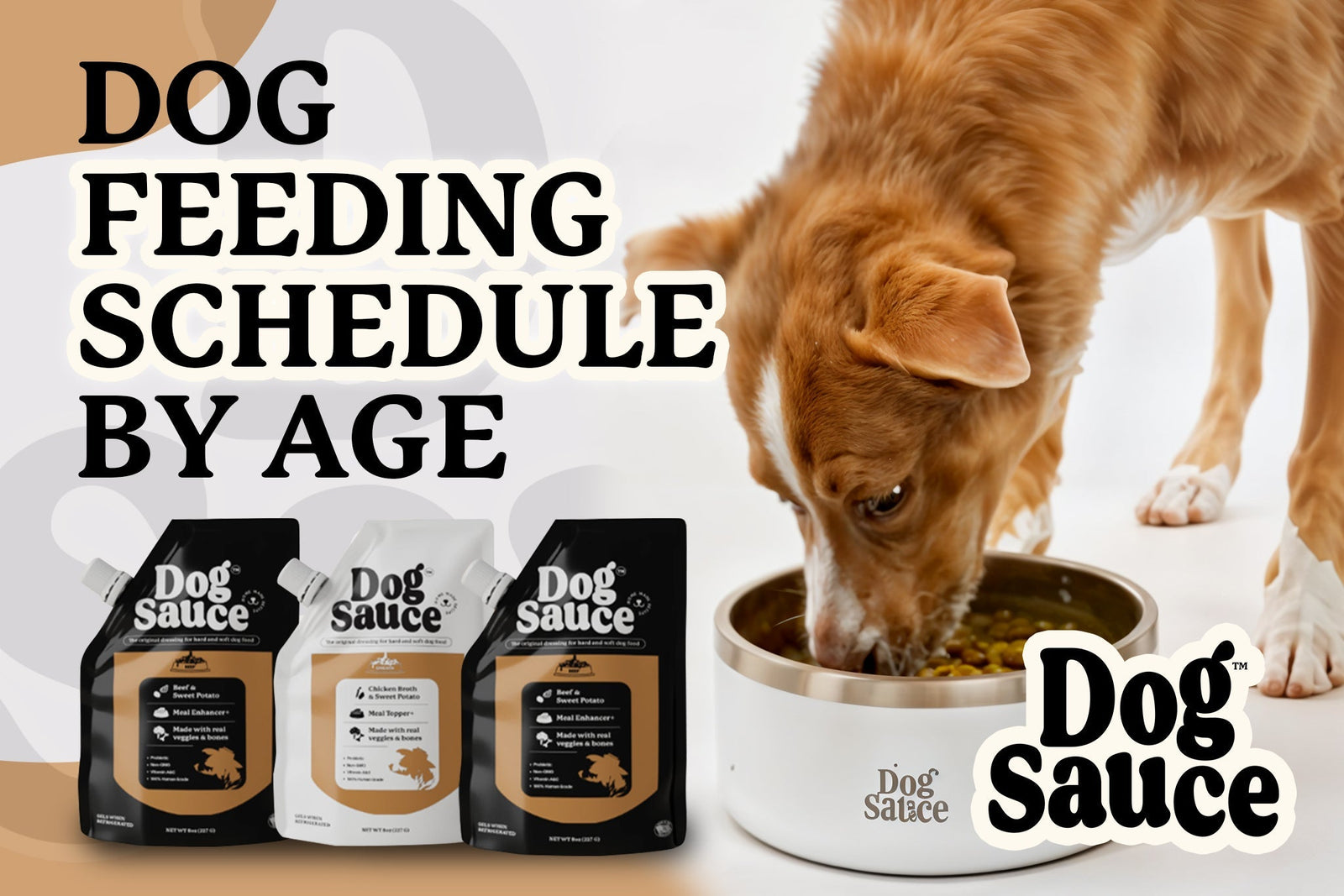
Credit: dogsauce.co
Signs To Delay Switching
Switching your dog to adult food is a big step. Sometimes, waiting is better for your pet’s health.
Look for signs that show your dog is not ready for adult food yet. These signs help you decide the right time to switch.
Growth Delays Or Health Issues
Dogs with slow growth or health problems should stay on puppy food longer. Adult food may not meet their needs during recovery or growth spurts.
- Delayed weight gain or small size for age
- Recovery from illness or surgery
- Visible signs of poor coat or skin health
- Digestive problems or food allergies
Behavioral Indicators
Watch your dog’s behavior when feeding. Changes may mean they are not ready for adult food yet.
- Refusal to eat the new food
- Low energy or lethargy
- Increased irritability or anxiety around meals
- Frequent stomach upset or diarrhea
Ongoing Nutritional Needs
Some dogs need extra nutrients that adult food does not provide. Check their ongoing diet needs before switching.
| Nutritional Need | Reason to Delay Switching |
| High protein | Supports muscle growth in puppies |
| Extra calcium | Needed for bone development |
| Increased fats | Provides energy for active growing dogs |
| Special supplements | Needed for health issues or breed-specific needs |
Frequently Asked Questions
When Is The Right Age To Feed Adult Dog Food?
Most dogs transition to adult food between 12 to 18 months. Small breeds may switch earlier, while large breeds might need longer puppy food. Always consult your vet for the best timing based on your dog’s breed and growth.
How Do I Know If My Dog Needs Adult Food?
Signs include slowed growth, less energy, and adult teeth fully developed. Puppies outgrow puppy food nutrients around one year. Switching to adult food supports a healthy, balanced diet for mature dogs.
Can Feeding Adult Food Too Early Harm Puppies?
Yes, adult food lacks nutrients vital for puppy growth. Feeding it too soon may cause deficiencies and poor development. Always feed age-appropriate food to ensure proper nutrition and healthy growth.
What Are The Benefits Of Adult Dog Food?
Adult dog food supports maintenance, energy balance, and overall health for mature dogs. It contains the right protein, fat, and calorie levels. Feeding adult food helps prevent obesity and nutritional imbalances.
Conclusion
Feeding your dog adult food at the right time keeps them healthy. Watch for signs like age and growth changes. Switching too early or too late can cause problems. Choose food made for your dog’s size and activity. Always ask your vet if you are unsure.
Good nutrition supports your dog’s energy and wellbeing. A smooth food change helps avoid stomach upset. Remember, healthy dogs live happier, longer lives. Careful feeding shows you love your pet. Simple steps make a big difference in your dog’s health.

Emily Barker is the founder of ChillDogLife.com, a space dedicated to helping pup parents discover the best dog products, lifestyle tips, and cozy ideas for happier homes.
A lifelong dog lover, Emily combines her passion for pets with a knack for research to share trusted recommendations on everything from toys and furniture to health and everyday care.
Her goal is simple: to make life easier, stylish, and more joyful for dogs and the people who love them.
